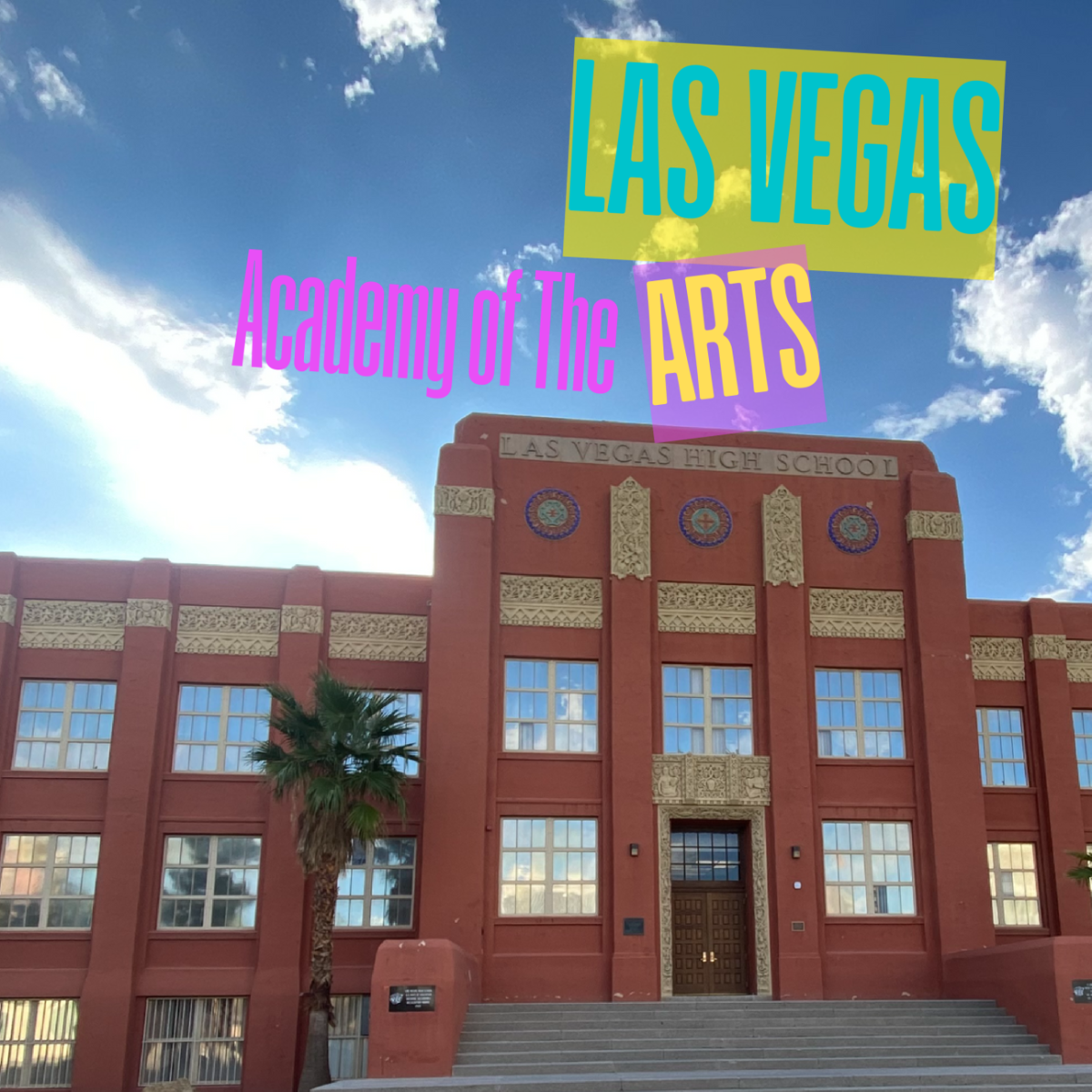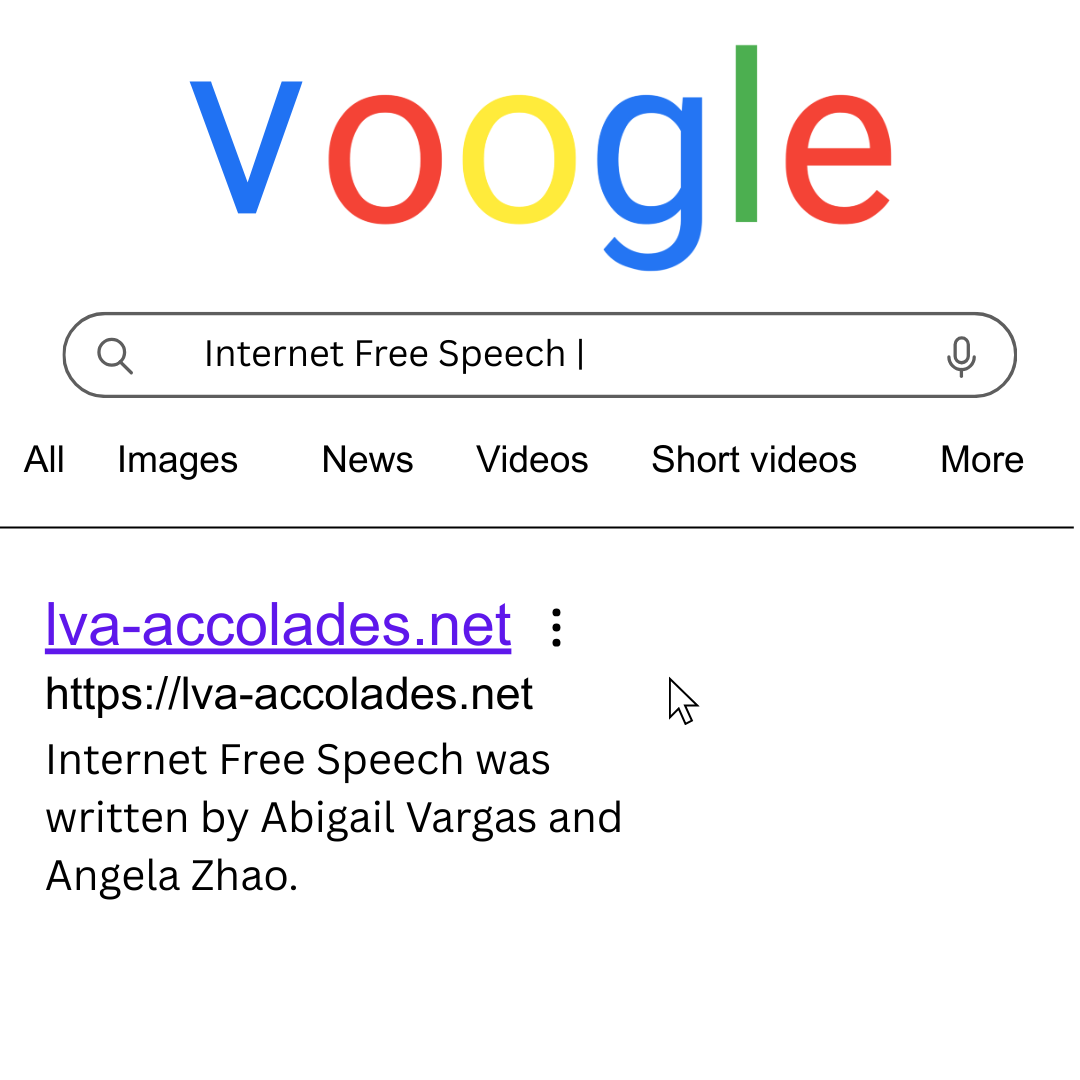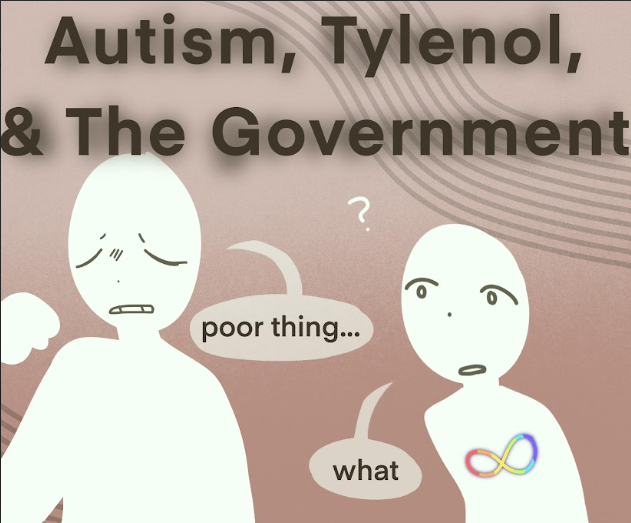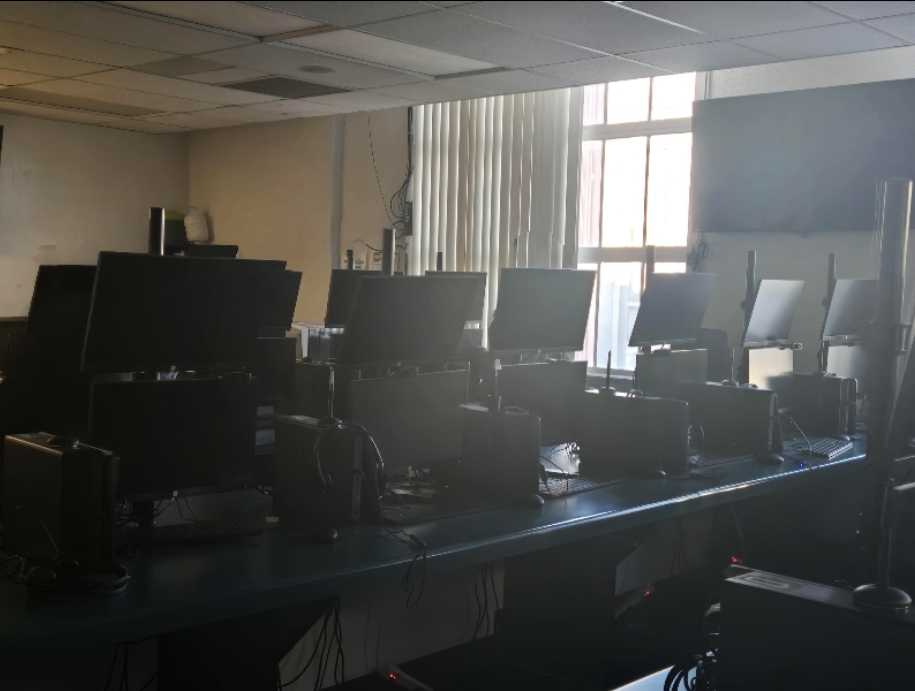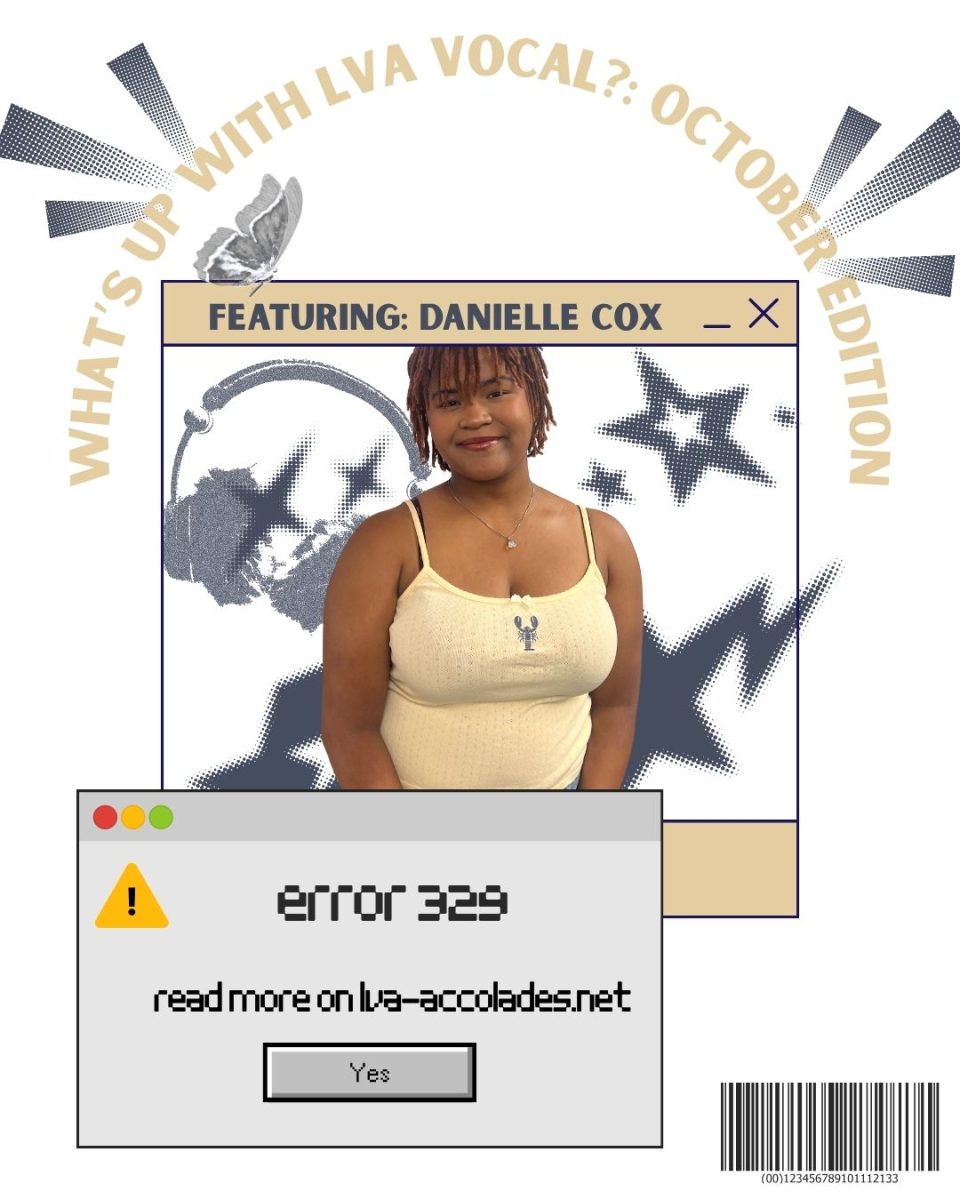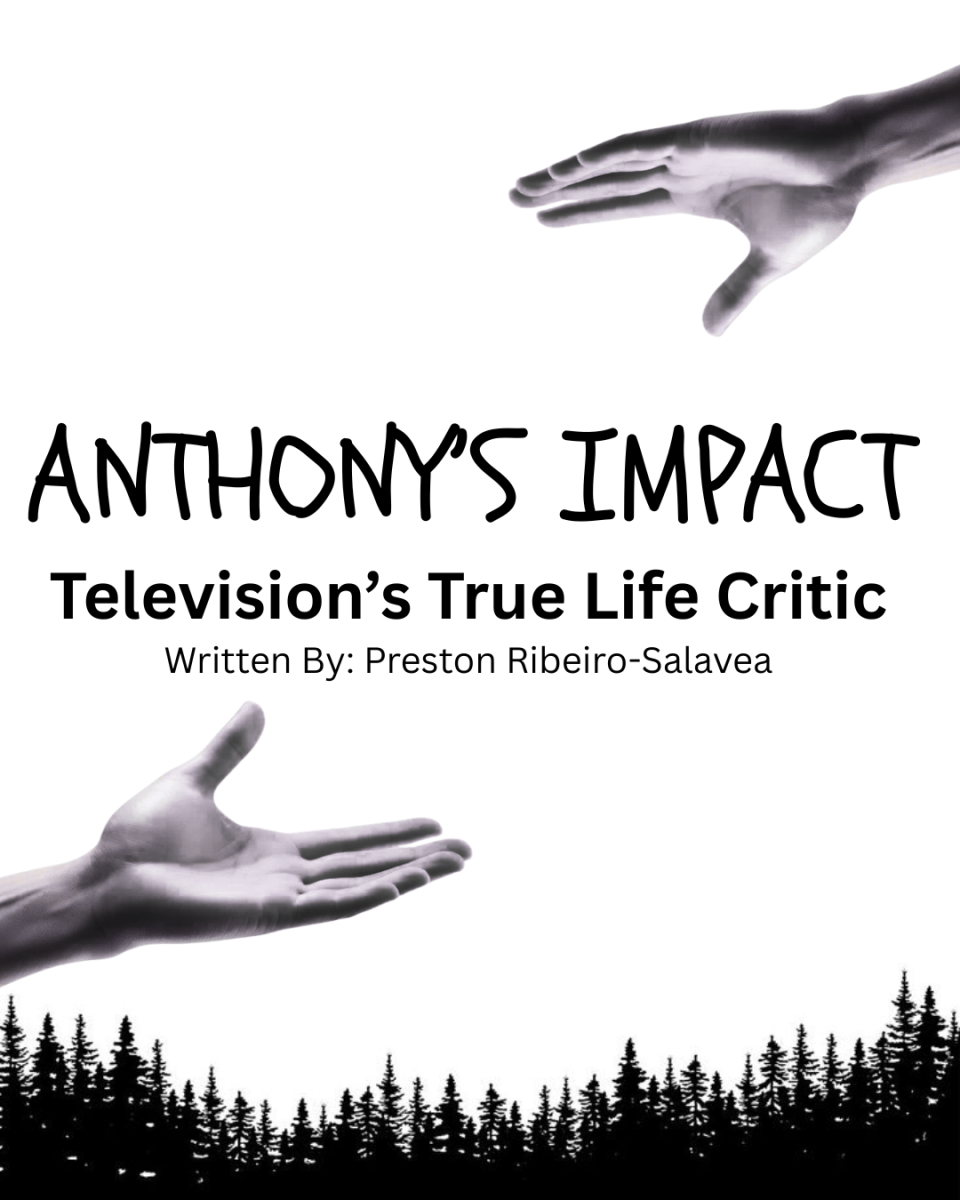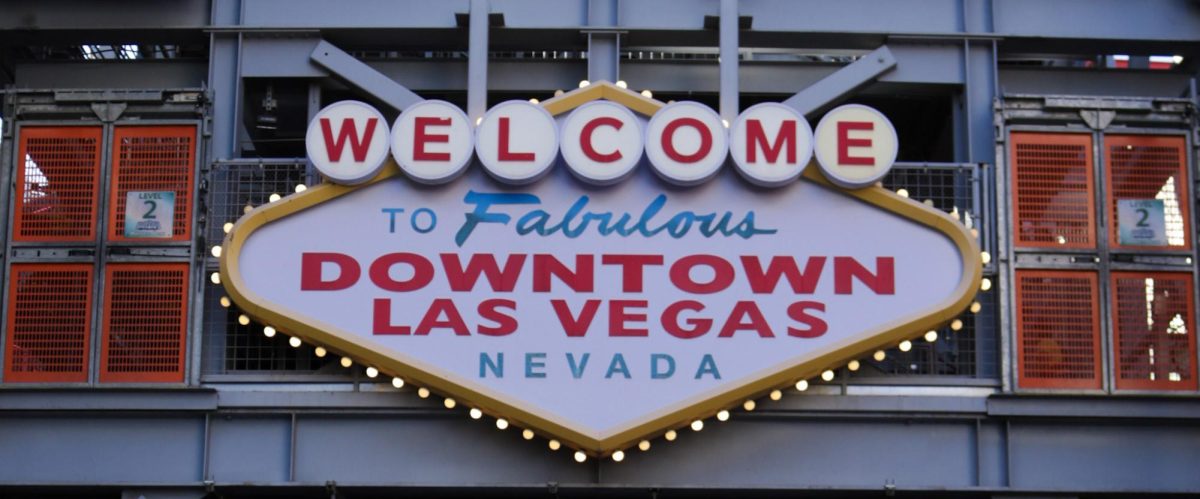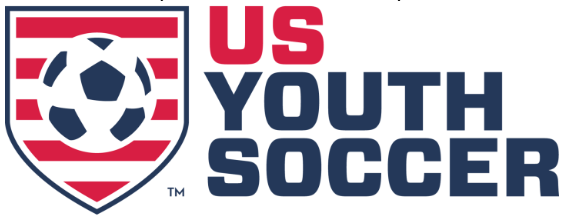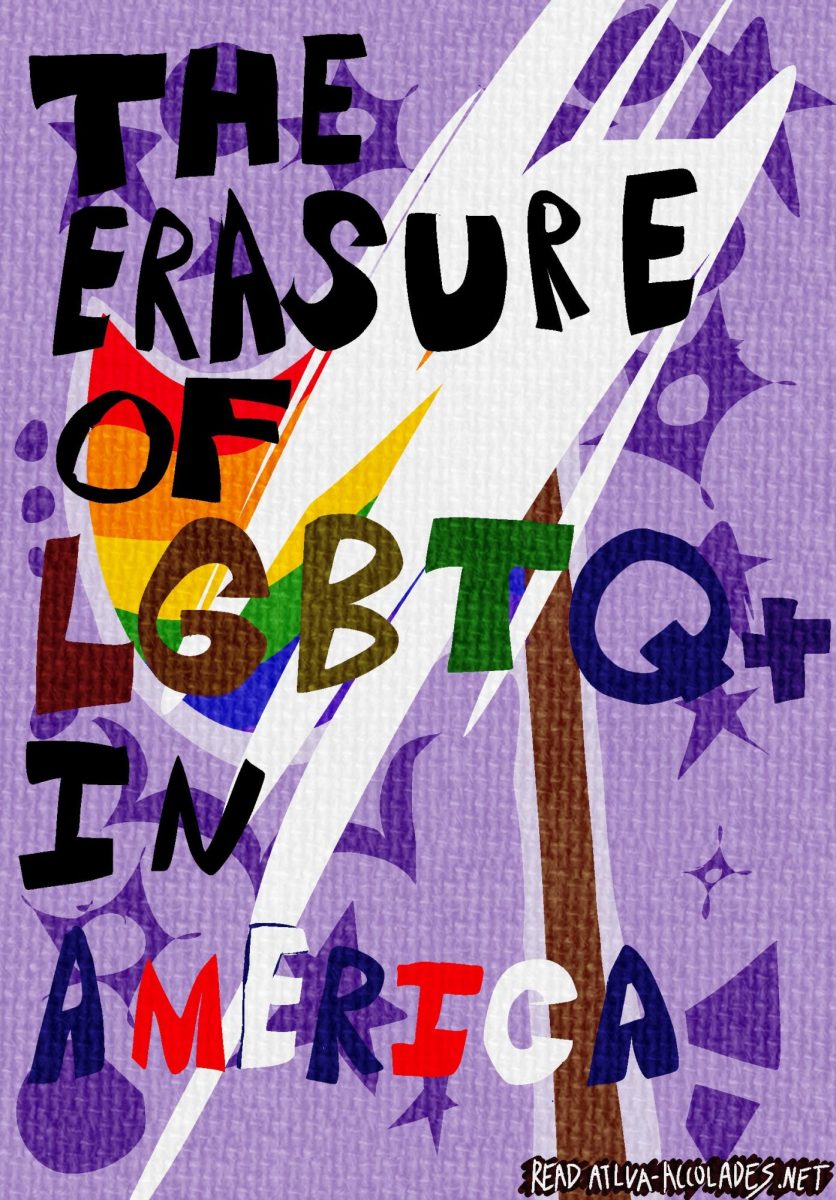Overview of Trump’s Executive Order
The government has decided to stop funding NPR and PBS, which could change how these stations operate. This order is part of a larger effort to cut government spending and shift public media away from relying on taxpayer money. Public broadcasting has been receiving federal support for decades, helping it produce news, educational content, and cultural programs.
Without this funding, NPR and PBS may need to find other ways to stay afloat. The government argues that public media should compete like private companies instead of receiving special financial help. Some supporters believe this decision will encourage independence, while opponents worry it will hurt communities that depend on these services for reliable and accessible content.
Impact on NPR and PBS
NPR and PBS use government funding to support their programs, especially in rural areas where public media is often the only source of high-quality news and education. Losing these funds could force stations to cut back on programming or shut down entirely. Local radio stations that depend on money from the Corporation for Public Broadcasting may suffer the most.
PBS provides educational programs for children, historical documentaries, and cultural shows. NPR offers in-depth journalism and discussions on important issues. If the funding is removed, both organizations may need to make difficult choices about which programs to keep and which to cut. This could change how people access public media across the country.
Rationale Behind the Cuts
The administration argues that NPR and PBS should not receive government funding and should operate like regular businesses. Officials believe public broadcasting should rely on donations, advertising, and private sponsorships instead of taxpayer money. The government also claims some public media programs may have a political bias, making it unfair for all taxpayers to fund them.
Critics of the funding cuts say that public media serves the public good by providing educational and independent journalism that isn’t influenced by advertisers or private companies. They argue that removing federal support could weaken media diversity and limit access to programs that inform and educate the public.
Responses from Public Broadcasting Leaders
NPR and PBS leaders have strongly opposed the funding cuts, warning that many public stations could struggle or close. They argue that federal support helps maintain quality programming for people who may not be able to afford expensive cable or streaming services. PBS, for example, reaches millions of children with educational content that might not exist without government backing.
Public broadcasting leaders have also called on Congress and the public to fight back against the decision. They are encouraging supporters to contact lawmakers, sign petitions, and donate directly to their stations to help fill the funding gap. Some have emphasized that public media has a long tradition of serving communities without commercial influence.
Legal Challenges and Opposition
Some lawmakers and legal experts argue that the government does not have the authority to simply cut funding without congressional approval. They believe the move may violate existing laws that support public broadcasting. Legal action and court cases could slow down or prevent the cuts.
Advocacy groups and media organizations are also speaking out, calling the cuts unfair and harmful. They point to the many benefits of public media, including disaster warnings, local news, and unbiased reporting. If legal efforts succeed, the decision could be overturned, but it will likely be a long process.
Effects on Local Radio Stations
Public radio stations, especially in smaller towns, rely on federal money to operate. If the funding is taken away, many local stations may shut down. This would limit the amount of local news available and affect communities that depend on public radio for important information.
Even if some stations find alternative funding, they may need to cut back on programming. This could lead to fewer news stories, fewer educational programs, and less coverage of community events. Smaller stations are likely to be hit the hardest, as they often have fewer resources to replace lost funding.
Public Reaction and Advocacy Efforts
Many people who rely on NPR and PBS are unhappy about the funding cuts. Supporters of public media have started petitions, attended protests, and written to lawmakers to demand that the decision be reversed. They believe public broadcasting is a valuable service that should continue to receive government support.
Public figures, journalists, and educators have also spoken out in favor of NPR and PBS, arguing that these organizations provide unbiased news, quality programming, and important resources for schools and communities. Their advocacy could help influence lawmakers to reconsider the funding cuts.
History of Public Media Funding
The government has supported public media since the late 1960s, when Congress created the Corporation for Public Broadcasting. This funding helped expand NPR and PBS, allowing them to provide news, educational content, and cultural programming to a broad audience.
Over the years, there have been debates about whether the government should continue funding public broadcasting. Some administrations have tried to reduce or eliminate funding, while others have defended it as a necessary public service. The latest cuts represent another step in this ongoing debate.
Role of Public Broadcasting in Journalism
NPR and PBS are known for producing in-depth journalism that covers important national and global events. Many listeners rely on NPR for independent reporting, and PBS provides documentaries that explore complex issues in detail. Public broadcasting is often considered a trusted source of news.
If funding is reduced, these organizations may need to cut back on investigative reporting, meaning fewer stories that hold leaders accountable and educate the public. This could impact the availability of fact-based journalism that isn’t influenced by commercial interests.
International Comparison
Other countries fund their public media differently. In places like the UK, public broadcasting is supported by license fees paid by citizens. Some nations use tax money to support their national media, while others rely more on private donations.
The U.S. has always had a mixed system, using both government funding and private support. If the funding is removed, NPR and PBS may need to look at international models to find new ways to stay afloat.
Alternative Funding Models
If NPR and PBS lose federal support, they will need to rely more on private donations, business sponsorships, and fundraising campaigns. Some stations already get money from listener contributions, but it may not be enough to replace government funding.
Other possible solutions include corporate partnerships or subscription-based models. However, this could change the way public broadcasting operates, as it may become more dependent on advertisers and paid subscribers rather than serving the public for free.
Impact on Educational and Cultural Programming
PBS creates educational shows like “Sesame Street” and documentaries that teach people about history and science. If funding is cut, programs like these may be reduced or canceled. Schools and families who rely on public broadcasting for learning materials could lose important resources.
Public broadcasting also supports cultural content, including music and arts programs. Losing funding might force stations to remove these shows in favor of more commercially viable content, potentially changing the types of programs available to the public.
Congressional Response and Future Legislation
Some lawmakers are working to stop the funding cuts, arguing that public broadcasting is essential for education and news. Others support the decision, believing public media should survive on private funding alone. The debate may lead to new laws or efforts to restore financial support.
If enough lawmakers oppose the cuts, Congress could pass legislation to protect public media funding. However, it is unclear whether such efforts will succeed, as political disagreements over media funding continue.
Broader Media Policy Implications
The decision to cut public broadcasting funding is part of a larger conversation about the government’s role in media. Some believe the government should not influence news organizations, while others think public media is necessary to provide independent journalism free from commercial pressure.
This move could set a precedent for future changes in media policy. It may influence how other news organizations operate and whether similar cuts happen in the future.
Future Outlook
The future of public broadcasting depends on what happens next. If the funding cuts stand, NPR and PBS may need to make big changes, including reducing their programming and finding new ways to support themselves financially.
Public broadcasting could become more reliant on donations and corporate sponsors, which might change the content and independence of programs. The next few years will be important in shaping how NPR, PBS, and local public stations move forward.

